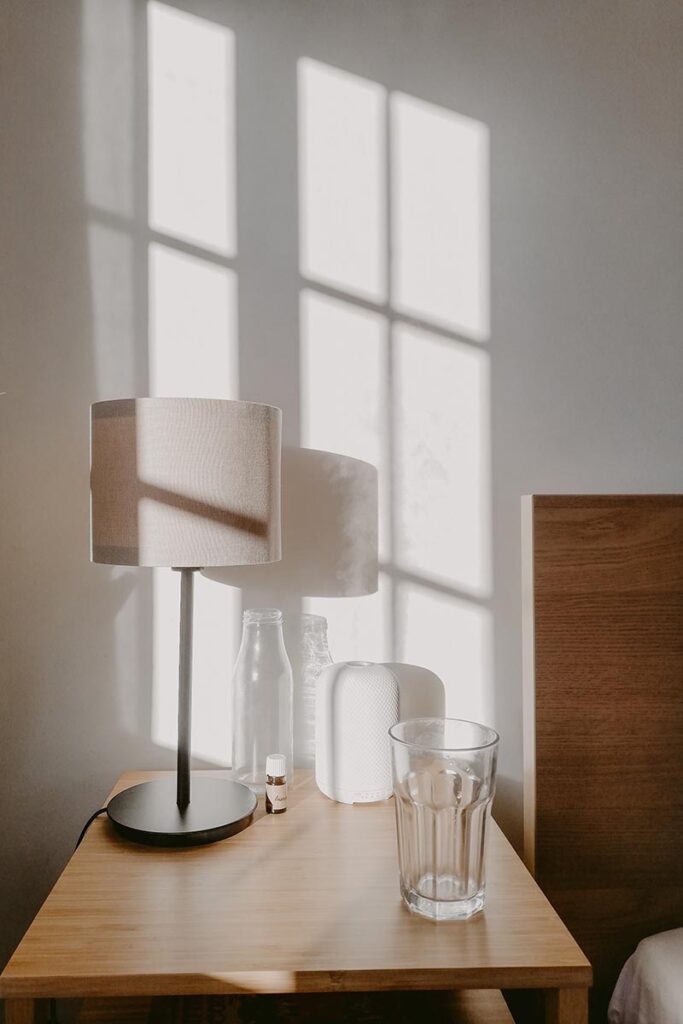
Are you tossing and turning at night? Do you have a hard time relaxing and calming yourself when it’s time for bed? If so, aromatherapy maybe the answer.
Aromatherapy is the practice of using certain fragrances and oils that have been reputed to have some type of therapeutic effect or medicinal properties, and it has been used as both a primary treatment and a secondary auxiliary therapy.
One of the benefits of aromatherapy that has been extensively studied is the effectiveness of this type of therapy in terms of improving the quality and duration of one’s sleep, particularly in patients who suffer from hyper-anxiety disorders or insomnia.
It has been widely concluded, even by those who are skeptical of these types of alternative treatments, that regardless of whether or not aromatherapy proves effective, it certainly does no harm or has the potential for any ill effects at all.
Consider the following facts concerning aromatherapy and sleep:
A 2015 study in Turkey that involved using lavender essential oil via inhalation method on 60 ICU patients (the study was prompted because the patients in the ICU were having really terrible sleep issues, and the researchers wanted to try whatever they could to alleviate the insomnia for these patients and ICU patients everywhere).
The clinical finding (based on the patient’s responses to two separate standardized tests that determine sleep quality) that the 2% lavender essential oil solution delivered via inhalation absolutely had a positive, measurable, and marked effect on these patient’s ability to rest adequately, and furthermore, many of these patients were experiencing simultaneous cardiac issues which the anxiolytic effect of the lavender oil seemed to depreciate as well. By relieving some of the anxiety and stress from which these patients were suffering, the lavender oil improved their ability to rest and their conditions in general.
Although aromatherapy would not be recommended as the primary treatment for severe, chronic, medical sleep disorders, it most certainly should be considered as an adjunct or auxiliary treatment, and if no serious sleep disorder exists, then aromatherapy likely will be adequate in terms of alleviating mild cases of stress induced insomnia.
There are a variety of ways via which the oil can be delivered, and all are reputed to have similar results in terms of efficacy. Some of the ways through which the oil can be delivered to you overnight are:
- Soaking a cotton ball and placing next to bed
- Placing 10 ” 15 drops of oil in hot Epsom or sea salt water in a bowl by the bed
- Spraying an essential oil diluted solution on linens, pillows and blankets
- Electronic (and other forms of) diffusers
The Best Calming Oils
The preferred oils that are typically used for the purposes of improving the quality of one’s sleep are (and incidentally, although not surprisingly, all of these oils have a naturally pleasant fragrance and are readily available through health food stores everywhere and through a wide variety of online stores):
- Lavender
- Valerian
- Clary Sage
- Sweet Marjoram
- Roman Chamomile
- Bergamot
- Sandalwood
The overall general consensus among health practitioners in both the disciplines of standard western medicine and homeopathic / naturopathic alike is that there does appear to be validated data concerning the effectiveness and benefits of aromatherapy on certain conditions. Primarily those conditions which are closely related to stress such as cardiovascular disease and insomnia.
Either way, there does not appear to be any evidence that there are any contraindications or harm to using aromatherapy and so at the very least, you get a nice pleasant scent, and the chances of employing aromatherapy in the hopes that it will improve your sleep is most likely to pay off and be worth the effort.
Leave a Reply